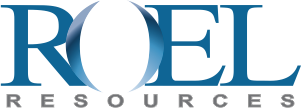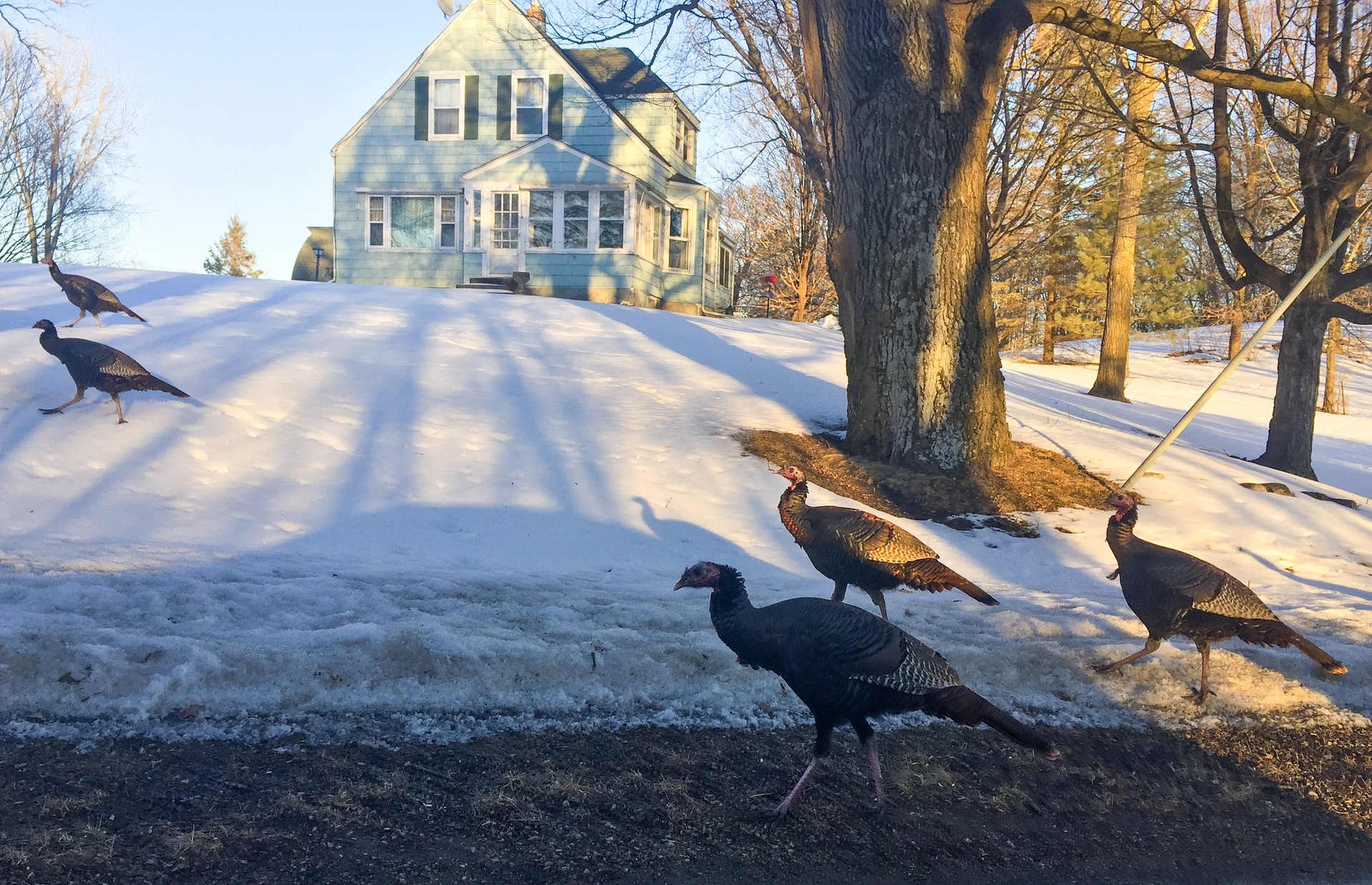November marks a season of giving—and gratitude. Thanksgiving, of course, punctuates this time when we pause to give thanks for all we have received in life, appreciating what we have, rather than lamenting what we don’t have.
Not surprisingly, as with other grand American traditions, there is some disagreement about Thanksgiving’s precise origin, with devotees in Massachusetts and Virginia maintaining contradictory claims as to where the first Thanksgiving celebration was held. In 1963, President John F. Kennedy, in a deft political move, acknowledged both states’ claims, issuing a proclamation stating: "Over three centuries ago, our forefathers in Virginia and in Massachusetts, far from home in a lonely wilderness, set aside a time of thanksgiving. On the appointed day, they gave reverent thanks for their safety, for the health of their children, for the fertility of their fields, for the love which bound them together, and for the faith which united them with their God."
Well, at least we can give thanks to JFK for assuaging that North-South rift. And if we continue to practice gratitude today, we’re likely to enjoy many personal benefits—without ever asking for them. In fact, several major research studies have found that those who consistently practiced gratitude had better physical and mental health; they were generally happier, more generous, more optimistic, and they lived longer. As author and journalist John Leland pointed out in his wonderful book, “Happiness is a Choice You Make,” researchers also found that gratitude entails a relationship with other people, not just with the benefit you receive. “Gratitude doesn’t depend on the thing you’re grateful for,” John notes, “as much as your acknowledgment of the giver.” (You can listen to my 45 Forward episode with John here https://tinyurl.com/2rr6fhxm)
November is also National Family Caregivers Month, a time to recognize and honor caregivers across the country. Spearheaded by the nonprofit Caregiver Action Network, this annual observance offers an opportunity to raise awareness of caregiving issues, educate communities, and increase support for caregivers.
It's personal for me. A few years ago, my brothers and I were among the roughly 53 million Americans who devote portions of their day doing myriad tasks for loved ones who are no longer able to do these tasks on their own. The loved one in our family was Mom, a remarkable woman who remained in her home before eventually succumbing to Alzheimer’s.
Caring for an aging loved one is one of the most generous gifts we can give—and perhaps one of the most challenging jobs we’ll ever undertake. That’s why one of my goals on 45 Forward is to bolster “caregiving literacy” across our nation, building a movement across the generations.
For the last several years, I’ve been developing a “Caregiving Navigator,” a practical guide to help individuals and families navigate through the maze of options, decisions and resources in every stage of caregiving, from the first conversations about financial planning to the last phases of the end-of-life journey. The first edition will be for families in my area, Long Island, followed by another edition for caregivers navigating long-distance challenges. I’m working on updates and final revisions now, and the Navigator will be available by early 2023. (You can sign up on the Navigator Waitlist tab on the last page of my newsletter.)
Meanwhile, I’ll be featuring two 45 Forward shows this month focused on givers and gratitude. On Nov. 14, Iris Wachler, a clinical social worker, and the widely-acclaimed author of “Role Reversal: How to Take Care of Yourself and Your Aging Parents,” will talk about the lessons she’s learned about the many dimensions of caregiving, patient advocacy, ageism—and “youngism.” Then on Nov. 21, just before Thanksgiving, Dr. Stephen Post, an international speaker and best-selling author of “When Good Things Happen to Good People: How to Live a Longer, Healthier and Happier Life by the Simple Act of Giving, ” will offer an inspiring conversation about how compassionate care heals, while it adds to the happiness, health, and creativity of caregivers.
One last—but very important—note. Nov. 11 is Veteran’s Day, the highlight of National Veterans and Military Families Month each year. Whatever the outcome of this month’s elections, this is the time to put away partisanship and express gratitude for our Veterans, living and gone. Let us give thanks, together, for these brave men and women who have given selflessly to protect our nation in a troubled and uncertain world.
Want to learn more about how to nurture your own gratitude? Read this article in Positive.News. https://tinyurl.com/5dhvet9f


